On Friday, former House Speaker Nancy Pelosi suggested that Pope Leo, recently elected to lead the Catholic Church, could serve as a strong moral counterweight to some of President Donald Trump’s key efforts.
Appearing on MSNBC’s “Chris Jansing Reports,” Pelosi said she hopes the new pope will take a public stance against what critics have called “mass deportations” under the Trump administration.
MSNBC host Chris Jansing pointed to several past social media posts made by Pope Leo before his elevation to the papacy that have drawn increased attention.
One of the posts highlighted was from a Catholic commentator who criticized both President Trump and the president of El Salvador for reportedly joking about the deportation of Rodrigo Garcia.
Another post, reshared by the pope in February, was an article from the National Catholic Reporter titled JD Vance is wrong, Jesus doesn’t ask us to rank our love for others.
The article was a response to Vice President Vance’s argument that care for global citizens should follow concern for family, neighbors, and fellow Americans.
According to Jansing, the pope is “said to be acutely aware” of the hardships that drive migration and the vulnerabilities of migrants themselves.
She asked Pelosi whether the pope could be a powerful moral voice at a time when many face deportation or fear being targeted by enforcement actions.
Well, I certainly hope so,” Pelosi responded. “And I, from his comments previous to being elected the pope, he has made clear what his values and his view of all of that is.”
The longtime California Democrat also weighed in on the significance of the pope’s voice, stating that it’s critical to listen to “both our elected officials, when they say what they say about ranking people and their importance, and our religious leaders.”
She noted that “he’s from the Augustinian Order, which he headed and all the rest. So St. Augustine is special to him.”
Although Pelosi and other critics of the president have called the current immigration measures excessive, Pope Leo has taken a more complex public stance.
While he has urged compassion for migrants, he also acknowledged the seriousness of global migration in a sermon delivered before his election to the papacy.
“It’s a huge problem, and it’s a problem worldwide, not only in this country. There’s got to be a way both to solve the problem, but also treat people with respect,” he said during a Catholic Mass, according to video footage of the remarks.
Meanwhile, President Trump’s administration is actively examining additional measures to rein in illegal immigration and national security threats.
White House Deputy Chief of Staff Stephen Miller told reporters Friday that one such option under consideration is suspending habeas corpus, the constitutional right that allows individuals to challenge their detention in court.
“Well, the Constitution is clear — and that of course is the supreme law of the land — that the privilege of the writ of habeas corpus can be suspended in a time of invasion,” Miller said during a press briefing.
“So, it’s an option we’re actively looking at. Look, a lot of it depends on whether the courts do the right thing or not.”
The administration has invoked the Alien Enemies Act, a little-used legal mechanism dating back to the 18th century, to justify the deportation of certain Venezuelan nationals accused of gang affiliation.
These illegal migrants have been sent to a maximum-security prison in El Salvador, prompting legal challenges from immigration advocates.
Habeas corpus has historically served as a primary legal channel for migrants to contest such removals.
However, according to the U.S. Constitution, this right may be suspended “unless when in Cases of Rebellion or Invasion the public Safety may require it.”
Miller argued that the president’s authority to manage immigration is backed by the Immigration and Nationality Act of 1965, which he said limits judicial interference.
“The courts aren’t just at war with the executive branch, the courts are at war — these radical, rogue judges — with the legislative branch as well,” he said. “So all of that will inform the choices the president ultimately makes.”

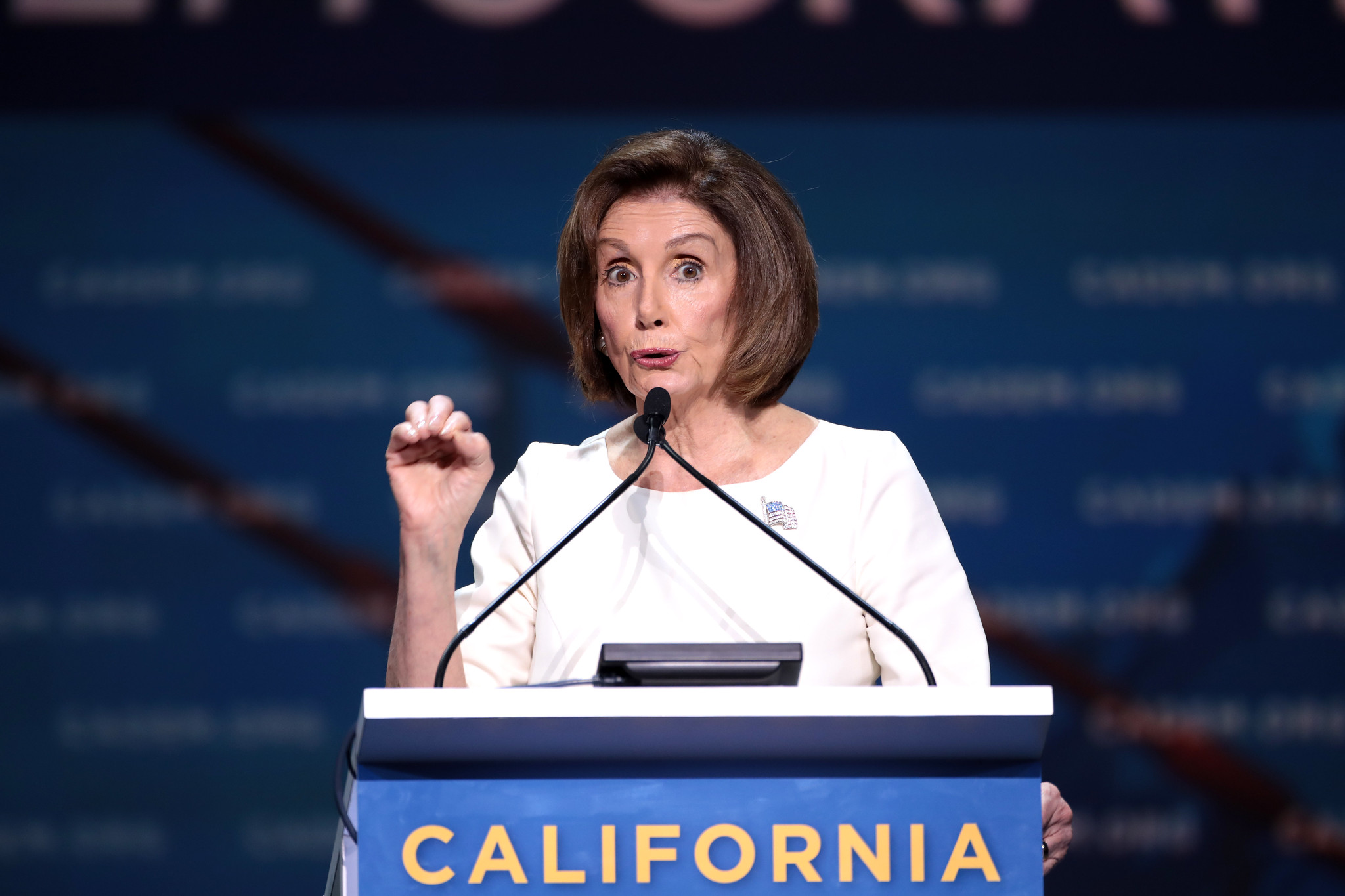
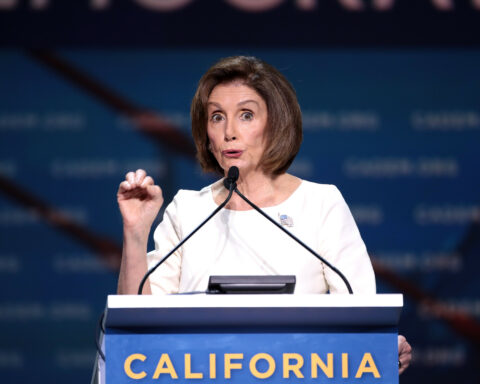

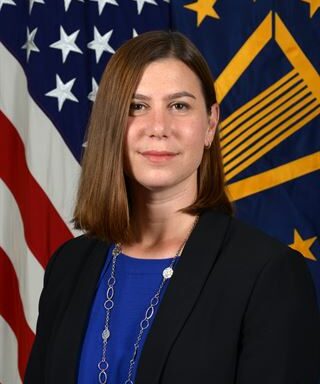
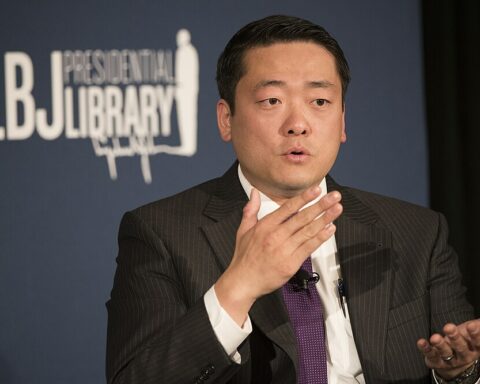
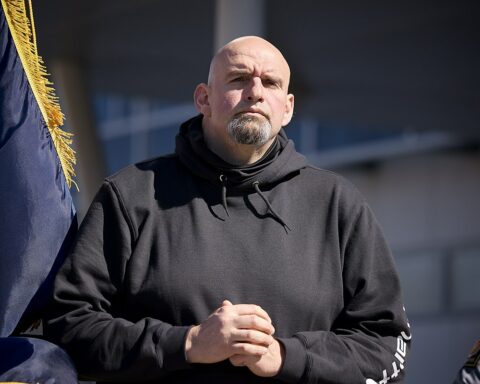
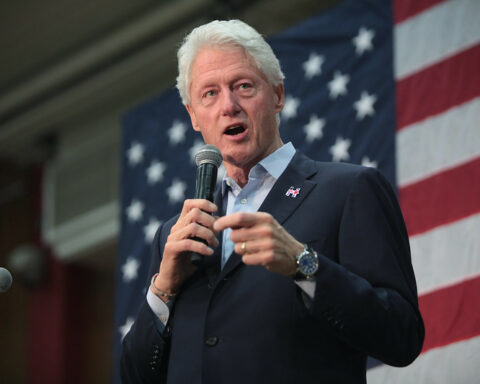
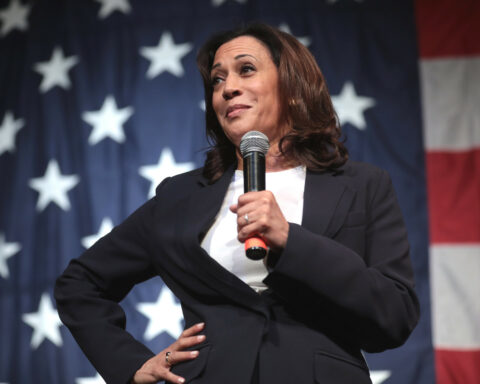
Legal migration is fine and dandy. There’s a system in place. We’ve experienced an INVASION of border jumpers! Some were actually transported here (at taxpayer expense) by the former “administration!”
The invasion was directed from the Biden White House! The purpose? Chaos! A huge Democrat voting bloc. Replacement of American Citizens in the work-force! All illegal. All premeditated. Everything Democrat (Commie) is a scheme…a plot, to permanently install grateful felons instead of thinking Citizens.
The Radical Left held the reins long enough to demonstrate their hatred for America’s ideals. We can never again install a foreign, enemy ideology into our systems!
NEVER AGAIN.
Pope Leo should keep his nose out of America’s politics. What can’t the left nitwits
understand, when someone enters a country illegally they commit a crime and should be deported promptly.
When they remove all the locks, guards and fences from around the Vatican, then I will agree with this man. We are only required to follow the Pope regarding matters of faith and morals as defined by the 10 Commandments and 8 Beatitudes. Entering a country illegally is stealing…”Thou shall NOT steal.”
Being a life long Catholic I do NOT have to go along with his personal opinions…
Interesting that she believes the Pope should influence the decisions of President Trump, but she still supports abortion! Nothing hypocritical about Nancy. She should be excommunicated.
Old Nanc is a sinner and she does support abortion. I do only within that small window at the beginning because babies should be born to those who really want them. But those dimwit nitwits ruined the whole point of abortion.
Full term is utterly disgusting and the proverbial give them an inch and they will take a mile fits the way they twisted abortion into baby killing! So because the abortion industry has grown to baby killing I am now not in favor of abortion. First six weeks is just a passing joke these days.
Fellas, clip yourselves and move on.